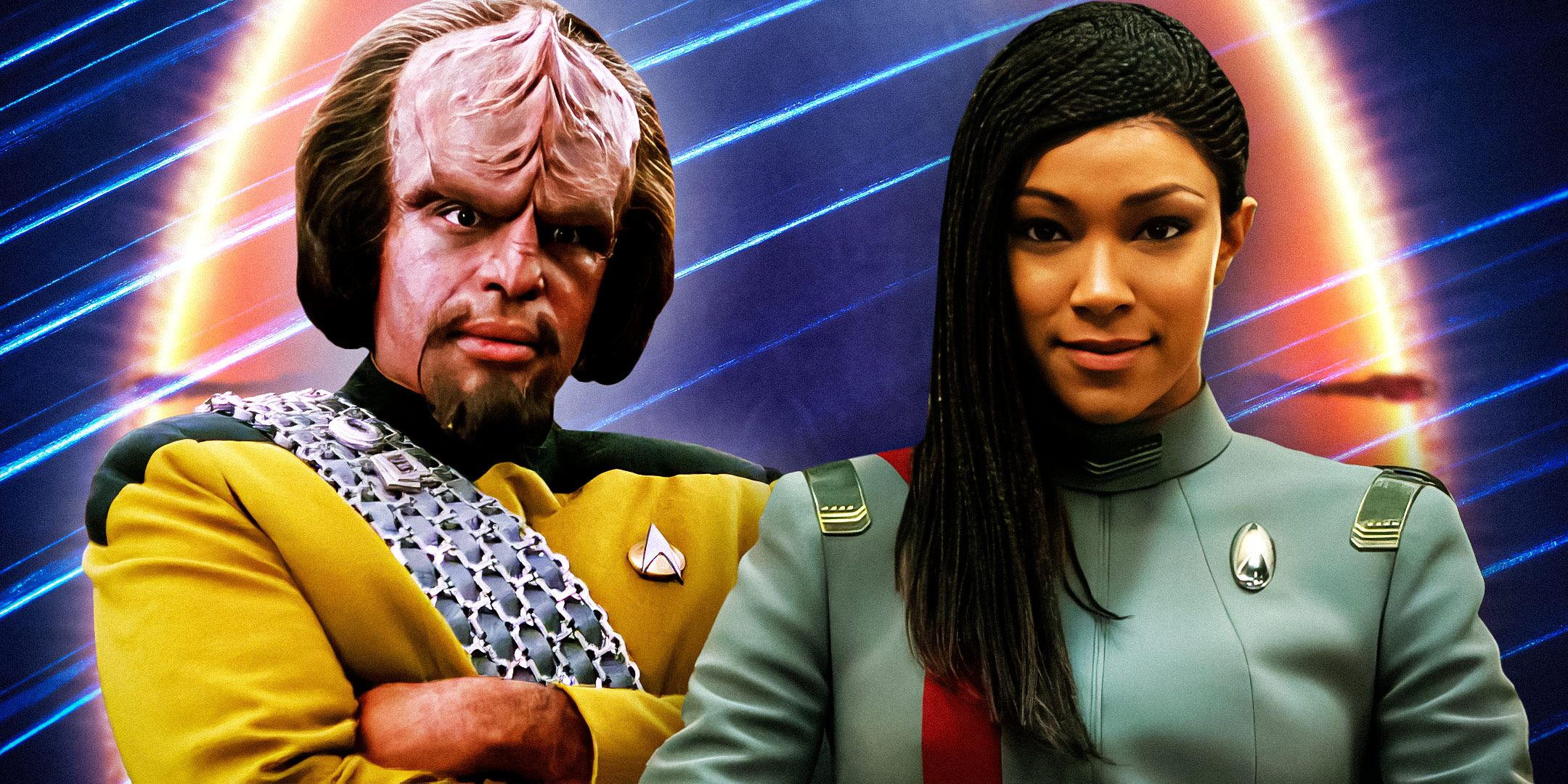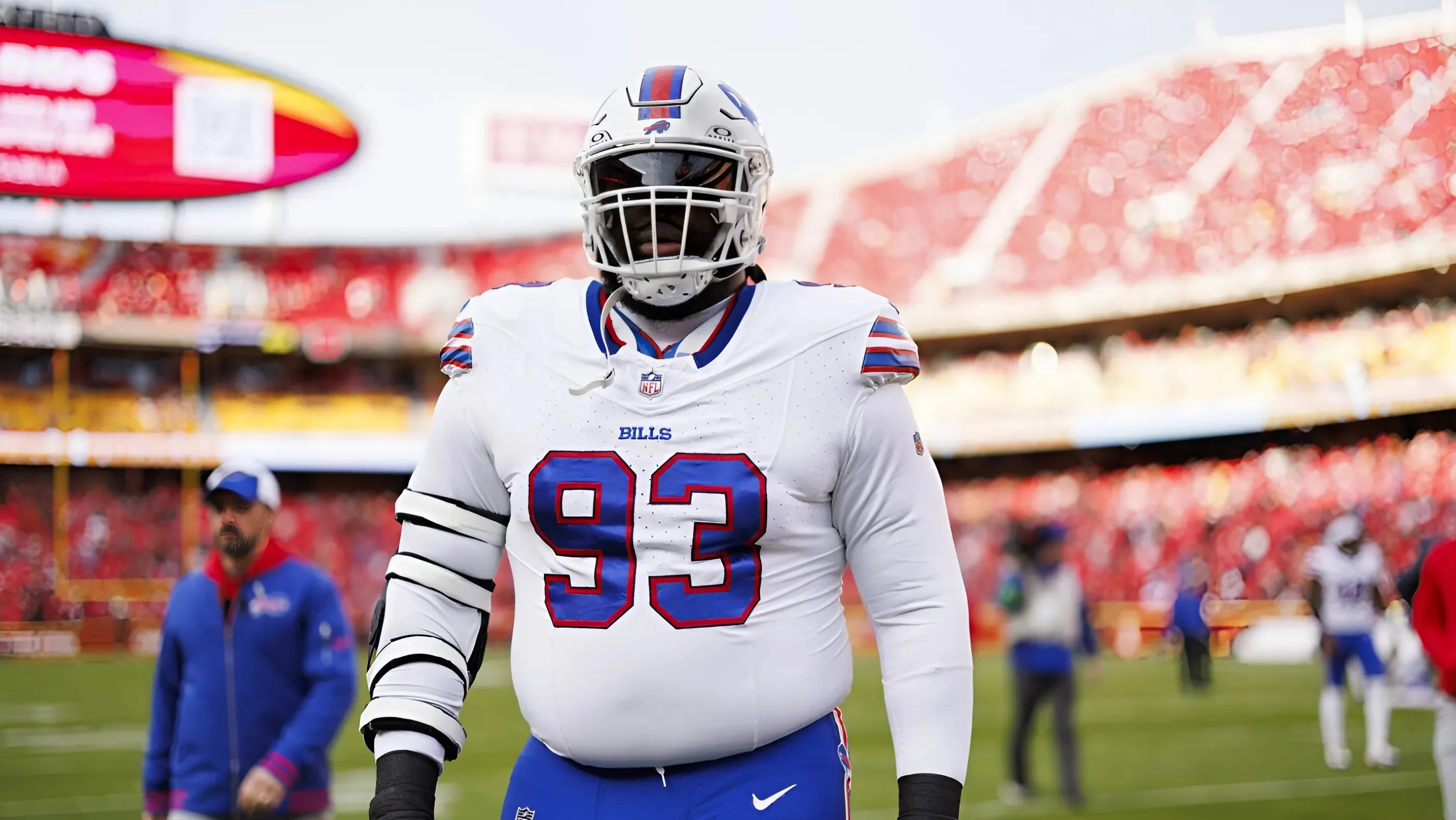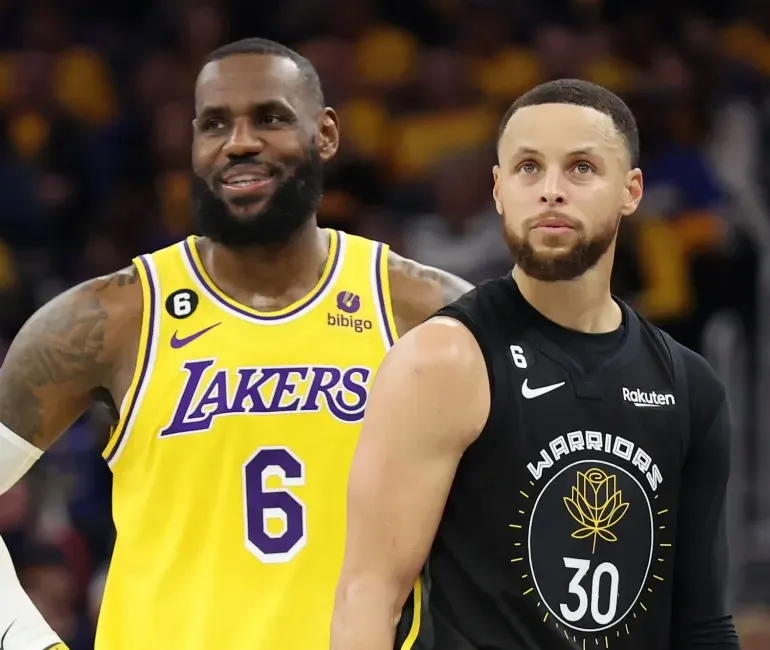Star Trek's Captain Worf (Michael Dorn) and Captain Michael Burnham (Sonequa Martin-Green) shared a common tragedy. As a prequel to Star Trek: The Original Series, Star Trek: Discovery season 1 depicts the start of the Klingon-Federation War, with flashbacks to the acts of violence that the Klingons perpetrated against citizens of the United Federation of Planets. Tension between the Klingons and Federation would continue to grow through TOS, and a tenuous alliance between the United Federation of Planets and the Klingon Empire was finally sealed with the Khitomer Accords in Star Trek VI: The Undiscovered Country.

The longest periods of conflict between the Federation and the Klingons in the Star Trek timeline are bookended by the lives of 24th-century Worf and 23rd-century Michael Burnham. Star Trek: The Next Generation's Lieutenant Commander Worf was the first —and to this day, only — full-blooded Klingon in Starfleet, proving that tensions between the Klingon Empire and Federation had waned during Star Trek's "Lost Era" between TOS and TNG. Just as Worf represented an unsteady alliance, Michael Burnham's life in Star Trek: Discovery was stained with blood spilled by Klingon hands.
Worf & Captain Burnham’s Common Star Trek Tragedy Explained
Worf And Burnham Were Both Orphans Raised On New Planets
The tragedy that struck the early lives of both Worf and Michael Burnham was being orphaned as children and raised by another alien species. After Michael Burnham's parents were killed by Klingons, Michael lived on Vulcan with Amanda Grayson (Mia Kirshner) and Ambassador Sarek (James Frain), Spock's (Ethan Peck) parents. After Worf's parents were killed by Romulans on Khitomer, Worf was found in the wreckage and sent to Earth to be raised by Sergey (Theodore Bikel) and Helena Rozhenko (Georgia Brown). Instead of Burnham joining the Vulcan Expeditionary Group or Worf becoming a Klingon warrior, both Star Trek characters joined Starfleet.
Struggling as outsiders, Burnham and Worf both overcompensated for perceived shortcomings by leaning into their non-human influences. Michael internalized Vulcan ways as superior and held onto that belief well into her adulthood; Burnham's mutiny on the USS Shenzhou was informed by applying a Vulcan filter to her understanding of Klingon culture. Being raised by humans made Worf double down on what it meant to be Klingon, but in a performative, academic way until Worf changed in Star Trek: Deep Space Nine and bonded with other Klingons. Exposed to Starfleet's cultural diversity, Worf and Burnham embraced their upbringing more easily.
Burnham & Worf Became Unique Star Trek Captains
Burnham And Worf Are Valuable Star Trek Pioneers
Michael Burnham and Worf bring unique perspectives to their leadership as Star Trek captains. Thanks to their upbringings among different species, both Burnham and Worf are uniquely qualified to negotiate between the Federation and Vulcans or Klingons, respectively. Burnham's particularly Vulcan approach to problems didn't mesh with Starfleet protocol early on but became an asset when renegotiating Ni'Var's participation in the 32nd century Federation in Star Trek: Discovery season 4. With an individual philosophy drawing from Klingon and Federation values, Star Trek: Picard's Captain Worf is a valuable "independent contractor" with ties to the Klingon Empire and to Starfleet.
Understanding Klingon and human cultures also made Lieutenant Commander Worf instrumental in defending Deep Space Nine as the station's strategic operations officer, shortly after Chancellor Gowron (Robert O'Reilly) dissolved the Khitomer Accords in Star Trek: Deep Space Nine season 4.
Michael Burnham and Worf are also unique Star Trek captains who reflect how Star Trek's commitment to diversity continues to grow. From a production standpoint, Michael Burnham is the first Black female captain to lead her own Star Trek series. Worf being Starfleet's first Klingon Captain represents Worf's uniqueness both in and out of the universe, since both viewers and Federation citizens have long known Klingons to be enemies, rather than allies, of the Federation. Worf and Burnham's backgrounds as interspecies adoptees make them better characters with a wider understanding of the Star Trek universe.
-1729240341-q80.webp)


